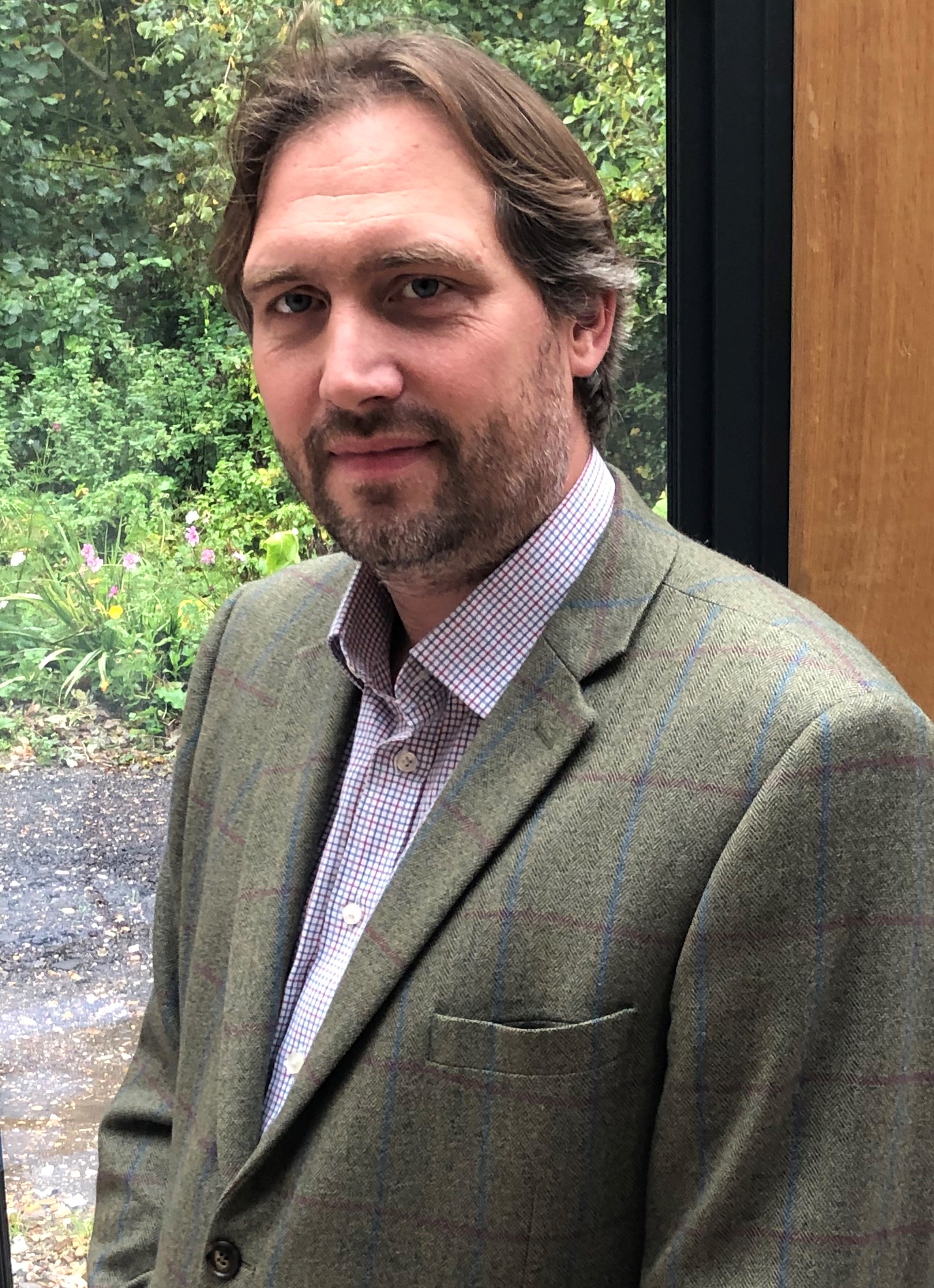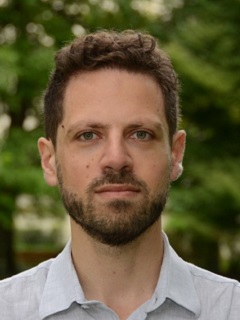Session Details

Date: Thu Dec 10, 2020
Time: 8:35 AM - 10:15 AM
Moderator: N/A
Is precision agriculture relevant to African Ag?
Most people envision fancy technology when they consider precision agriculture (PA). Indeed, over the past 30 years or more PA has introduced a range of exciting technologies to agriculture. But the real change is not the technology itself, but the new ways technology enables farmers to manage complex and uncertain systems. This message dates back to the early days of PA but has been superseded by technological prowess and needs to be re-discovered: technological innovations alone are not enough to achieve change, social processes must accompany them
What types of change can PA offer to African agriculture?
PA in Africa is facing social and environmental conditions that contrast those seen in North America, Europe or Australia, resulting in very different use-cases for technology. The commonality is to reduce uncertainties, but the nature of these uncertainties will differ. Remote sensing and mobile phone inputs are likely to be dominant data sources. Systems are more likely to contain both crop and livestock. Yield maximization is likely to be less important than risk reduction.
On-farm experimentation as a data-rich pathway to change
African agriculture does not have the history of government extension and private sector services that supported growth in North America and Europe. Consequently, alternative pathways to innovation will be vital. These will include bottom-up, farmer-centric processes that build social capital within networks of farmers and advisors who want to harness grass-root innovations and explore opportunities.
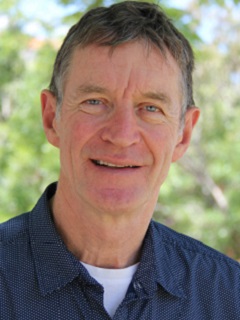
Precision agriculture (PA) data sources in the era of digital agriculture are diverse in terms of the range of technology options and the types of data they generate. These include proximal sensors, unmanned aerial vehicle (UAV), satellites, farm machinery mounted sensors and robotics to generate static data or real time information (e.g., yield monitoring). Government institutions, scientists and private sectors take the lion’s share in generating PA data at innovation, validation and dissemination phases. At scale-up and wider application phases, farmers also generate tremendous amount of data that might have privacy and ownership concerns. There are no one-size-fits-all approach in terms of PA technology applications, but there remains a question on better way of integrating PA data continent-wide in Africa. The data privacy and ownership concerns have to be addresses while maintaining the integration of PA data at continental scale. The objective of this paper is to review the existing opportunities and challenges of data harmonization in precision agriculture in Africa and discuss the existing technological advancements in PA data science and their applications in the other parts of the world. Finally, we proposed a new PA data sharing and rewarding model – ‘PerecisionLink’ to rationalise data network system through establishing strong institutions and self-sustaining business model for all of Africa. The model uses AI and blockchain technology to track and stamp PA data using unique dataset_IDs or PrecisionPrint (like a fingerprint), valuing credit amounts using pVouchers (eVouchers) and distribute credits to PA data contributor or ‘PrecisionPatron’. The system we propose lays the foundation for win-win PA data sharing and self-sustaining business models for smallholder farmers and technology solutions, while ensuring strong partnership between farmers’ cooperatives, private sectors, scientists, government and financial institutions, and countries at high-level. Establishing and networking strong PA data-nodes in all of African countries is timely to ensure the future of PA big data application in Africa.
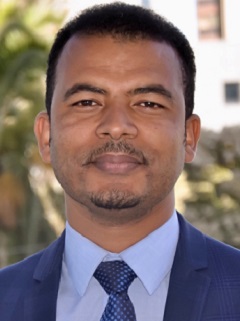
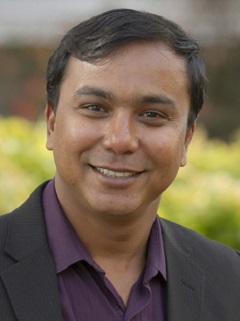
Approximately 80% of all farms in Africa, or 33 million farms, are two hectares or less in size. Many of these smallholder farmers do not have access to resources, including extension services, to improve their farms. Lack of knowledge of Good Agronomic Practices (GAPs) causes farmers to fail to reach their full yield potential. Extension workers responsible to provide these GAPs to farmers are spread thin. For example, as of March of 2019, there was one extension worker for every 1,800 coffee farmers in Uganda. Thus, most farmers are underserved and under-resourced. This presentation describes the experience of Precision Agriculture for Development (PAD), an international NGO, in developing and implementing two digital advisory platforms for smallholder farmers in Kenya and Uganda.
In 2018, PAD worked with the Kenyan Ministry of Agriculture, Livestock, and Fisheries (MoALF) to launch an advisory service (MoA-INFO) providing farmers with SMS messages throughout the growing seasons. This service was initially launched to address the Fall Armyworm crisis sweeping the African continent, but has since been expanded to incorporate content across nearly 10 value chains on GAPs from pre-planting to post-harvest. The service provides decision support tools on which maize and bean seeds to plant, which fertilisers to apply, and whether pesticides are appropriate based on the scale of pest infestation. This service has reached roughly 350,000 farmers with both English and Swahili messaging. To implement this service, PAD partnered with Safaricom to register users from among its existing subscribers, and with the Kenya Agriculture and Livestock Research Organization (KALRO) and the Centre for Agriculture and Biosciences International (CABI) to develop agronomic content.
As part of the Uganda Coffee Agronomy Training Program (UCAT - https://www.ucat.coffee), PAD has built a coffee GAPs advisory service and automated call center for a sub-sample of robusta coffee farmers. Selected farmers receive weekly advisory training on GAPs, as well as have access to an automated question & answer IVR (Interactive Voice Response) platform. Through this platform, farmers are able to (1) listen to advisory messages again (2) record a question for a local agronomist (3) listen to the answer to their question given by the agronomist and (4) listen to past questions and answers they have asked. The platform is available to selected coffee farmers for free in four languages and can be accessed through any basic feature phone.
Using this technology and the data it provides, PAD will present rich insights on the issues and knowledge gaps that are present on farms in two different contexts in East Africa. Occurence and prevalence of concerns, such as pests, COVID-related disruptions, etc. can be monitored by the platform and presented at the conference. Conference attendees who are involved in efforts to increase yields and quality of smallholder farmers, in using cost-efficient ICT services in their operations with farmers, and intrigued at the prospect of having the ability to digitally keep a pulse on what is happening at the first step of any value chain will benefit from this presentation.
